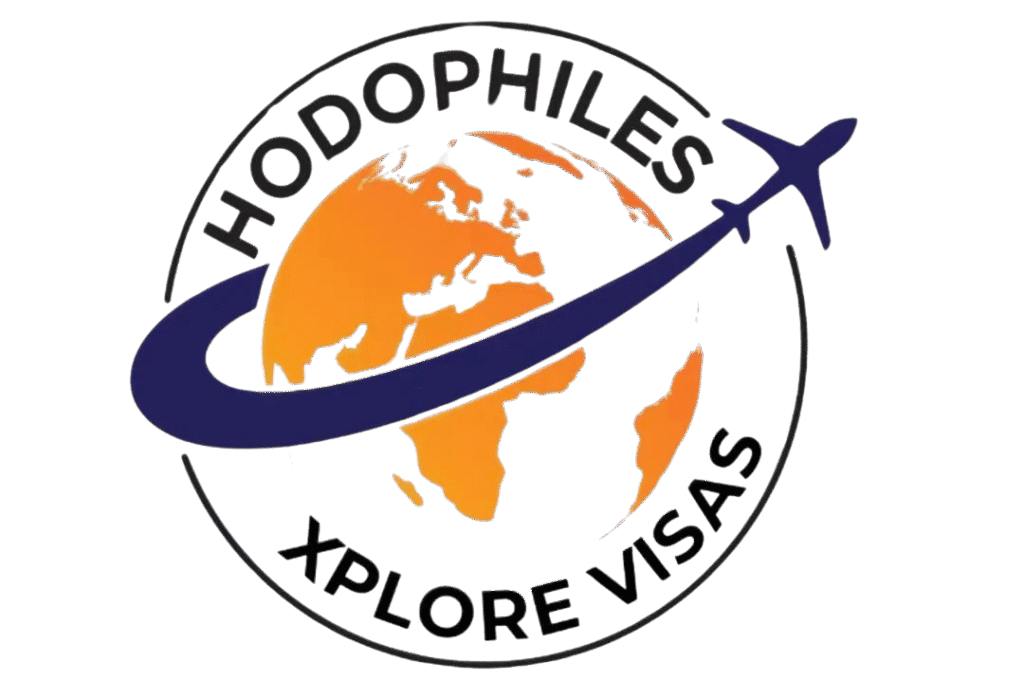The recent announcement about a $100,000 fee on H1B visa petitions has significant implications for employers and foreign workers. To understand the gravity of this change, let’s break down the details.
Key Points About the $100,000 Fee
– One-time payment: The fee is a one-time charge that applies only to new H1B petitions, not to renewals or current visa holders.
– Prospective application: This fee will apply to petitions filed after September 21, 2025, and won’t affect existing visa holders or those with petitions already in process.
– No impact on current visa holders: If you’re already an H1B visa holder, you won’t need to pay this fee, even if you travel outside the US and re-enter.
Existing H1B Visa Fees
Before this new fee, H1B visa petitions already had various costs associated with them. Here’s a quick rundown
– Registration fee: $215 per beneficiary, paid by the employer
– Basic filing fee: $780 for larger employers, $460 for small employers and nonprofits
– ACWIA fee: $750 for employers with 1-25 full-time employees, $1,500 for employers with 26 or more full-time employees
– Fraud Prevention and Detection fee: $500, paid by the employer
– Public Law 114-113 fee: $4,000, applicable to employers with over 50 employees where more than 50% are employed through H1B or L1 visas
– Premium Processing fee: $2,805, optional for expedited processing
– Asylum Program fee: $600 for employers with 26 or more full-time employees, $300 for small employers, and $0 for nonprofits .Importance of Considering Alternative Options
Given the substantial increase in fees, employers and foreign workers may want to explore alternative visa options or destinations. Some potential alternatives include
– Canada: Canada’s Express Entry program and Provincial Nominee Programs offer alternative pathways for skilled workers.
– Australia: Australia’s Skilled Migration program and Temporary Work Visas provide opportunities for professionals to work in the country.
Germany Opportunity Card: A points-based system allowing non-EU nationals to live in Germany while job hunting or doing trial work. Valid for up to 1 year, with the possibility of extension.
– Sweden Job Seeker Visa: Allows individuals to stay in Sweden for up to 9 months to search for employment.
– Eligibility: Advanced degree, financial stability, and a well-structured job search plan.
– Austria Job Seeker Visa: Part of the Red-White-Red Card program, focusing on highly qualified workers.
– Eligibility: Points-based system evaluating qualifications, work experience, and language skills.
Poland Job Seeker Visa: Although not widely publicized, Poland offers opportunities for skilled workers.
Study Pathways
Australia- Tuition Fees: AU$20,000 to AU$45,000 per year for international undergraduates, and AU$22,000 to AU$50,000 per year for postgraduate students
– Course Duration: Bachelor’s degree typically takes 3 years, Master’s degree takes 1-2 years, and Doctoral degree takes 3+ years
– Work Opportunities: International students can work up to 48 hours per fortnight during the semester and unlimited hours during study breaks
– Popular Universities: University of Sydney, University of Melbourne, Australian National University, University of New South Wales
UK- Tuition Fees: £9,000 to £25,000 per year, with some master’s courses including placements or internships
– Course Duration: Bachelor’s degree typically takes 3 years, Master’s degree takes 1 year, and Doctoral degree takes 3-4+ years
– Work Opportunities: International students can work part-time up to 20 hours per week during term-time
– Popular Universities: University of Oxford, University of Cambridge, University College London, University of Edinburgh
Canada- Tuition Fees: CA$29,714 to CA$40,000 per year for undergraduate programs, and CA$17,744 to CA$27,397 per year for postgraduate programs
– Course Duration: Bachelor’s degree typically takes 3-4 years, Master’s degree takes 1-2 years, and Doctoral degree takes 4-6 years
– Work Opportunities: International students can work part-time up to 20 hours per week during term-time and full-time during breaks
– Popular Universities: University of Toronto, McGill University, University of British Columbia, University of Montreal
New Zealand- Tuition Fees: NZ$22,000 to NZ$32,000 per year for international students
– Course Duration: Bachelor’s degree typically takes 3 years, Master’s degree takes 1-2 years, and Doctoral degree takes 3+ years
– Work Opportunities: International students can work part-time up to 20 hours per week during term-time
– Popular Universities: University of Auckland, University of Waikato, Massey University, University of Otago
– Malta: Offers a study pathway for international students, potentially leading to job opportunities.
– Malta’s strategic location and growing economy make it an attractive destination.
– Italy: Provides study opportunities, and graduates may be eligible for job seeker visas or work permits.
– Italy’s rich culture and history attract international students and professionals.
– France: Offers study opportunities, and graduates may be eligible for job seeker visas or work permits.
– France’s strong economy and cultural significance make it a popular destination.
While the US remains a popular destination for many, it’s essential to consider other countries that offer excellent opportunities for work, study, and settlement. Hodophiles Xplore Visas can support you in exploring these alternatives.
How Hodophiles Can Help
– Personalized Guidance: Hodophiles’ experienced consultants will assess your profile and provide tailored guidance on the best options for you.
– Expert Knowledge: With in-depth knowledge of immigration laws and regulations, Hodophiles can help you navigate the application process.
– Comprehensive Support: From document preparation to application submission, Hodophiles offers comprehensive support every step of the way.





